

Poornima Parmeswaran, PhD, CEO and Co-founder, Trace Genomics
Q1. You have always been interested in genomics and chose to apply it in agriculture. Can you talk about the initial months or years and how you decided to shape it into a company called Trace Genomics today?
Trace Genomics was created from the realization that genomics data from soil could revolutionize agriculture, much like how genomic advancements have transformed healthcare. Just as genomics-powered human data is essential for tackling human health, genomics-powered soil data is critical for managing land health.
Our initial engagements were with farmers who highlighted the necessity of accessible soil DNA testing to manage crop diseases proactively. At Trace, our core focus has always been empowering farmers to make informed decisions, improve land stewardship, and boost profitability. With this farmer-first philosophy, we crafted guidelines for soil collection, developed advanced DNA analysis techniques, and built robust analytics and digital reporting to transform raw data into actionable insights. We began with services for two crops and have since expanded to seventy, continuously broadening our scope to include soil chemistry, carbon, and other vital properties, all while keeping the needs of the farmer and their trusted partners at the forefront.
Q2. You and your co-founder visited farms to communicate with farmers and comprehend their issues to make the business more grower-centric. What challenges did you encounter while starting and expanding the business, and how did you overcome them?
Starting Trace Genomics presented many typical challenges of launching a new biotech/agtech startup, including developing new technologies, establishing markets, and educating users about the benefits of our offerings. As newcomers to agriculture, we initially faced skepticism due to our expertise in technology but the need for experience in farming. We learned avidly by walking the fields with growers and working alongside colleagues with agricultural expertise to introduce Trace’s offerings to growers and their trusted partners. Another opportunity we see is that despite the seasonality of agriculture, Trace’s soil intelligence remains valuable and applicable throughout the year. This reminds us to stay proactive in product innovation and to be adaptable in our business model to align with agriculture’s cyclical nature.
Q3. When you started the company, your kids were under one year old (they are still young and not grown-ups). How did you balance the demanding roles of being a co-founder and a new mother of twins? What is your mantra for work-life balance?
The traditional idea of work-life balance, with a clear separation between work and personal life, did not (and does not) fit my reality. It was more about blending these aspects and continually setting priorities. Starting a company while raising young twins was extremely tough. My partner and I leaned on a solid support system, including two exceptional nannies who lovingly cared for our babies, giving us the emotional strength to focus on work, knowing our children were in good hands. Our parents also played a crucial role, offering financial support, helping with household tasks, and looking after the kids and us during their visits. We sacrificed sleep and personal time in the early years and lived frugally. I have realized that perfect balance does not exist—instead, it is about integrating different aspects of life. I make choices about work, family, friends, and personal time every day. This does not mean neglecting any one area. But, it does affect the amount of time and the quality of attention I can give each one on any particular day. Importantly, this approach has allowed me presence and stability, which are vital in family and business settings.
Q4. In 2020, despite experiencing a major health setback, you persevered and continued working during those challenging times and between medical procedures. What motivated you to stay committed and keep working when many others might have given up? Additionally, did that setback change anything in your life or alter your perspective on your work?
In 2020, I was diagnosed with multiple myeloma. This period prompted deep reflection, and I was particularly inspired by Mary Oliver’s question, “What is it you plan to do with your one wild and precious life?” I have chosen to live a full life, which includes pursuing experiences and work that energize me and give me a sense of purpose. Fulfilling my responsibilities to my loved ones and my work community—including my team and our farmers—is very purposeful for me.
Facing my health challenge deepened the shift in my perspective on work and leadership, enhancing my empathy and highlighting the importance of well-being in the workplace. I embrace a principle I call everyday leadership—recognizing the small yet impactful actions we take daily, rather than just the grand gestures, and the importance of perseverance through trials. I joined the Board of Directors of the International Myeloma Foundation to use my experiences to improve the lives of others facing similar battles. These commitments turn my personal challenges into a source of strength, allowing me to make meaningful daily contributions while aligning with my purpose of creating experiences filled with wonder and zest.
Q5. You recently joined the board of the International Myeloma Foundation. Please share more about this and what contributions you hope to make.
Joining the International Myeloma Foundation’s Board of Directors was a pivotal decision influenced by my personal battle with multiple myeloma. I understand the critical need for innovative diagnostics, treatments, and therapies to improve patient outcomes and bring a patient-centered perspective. With my background in science and entrepreneurship, I aim to help the IMF continuously align its strategy with the real-world challenges and opportunities faced by those battling myeloma and drive meaningful change for the myeloma community.
Q6. You began with two crops and now cover over 70. What are your plans for Trace Genomics? What are your personal and professional aspirations?
At Trace Genomics, we believe that every farm can benefit from our soil intelligence insights. Through Trace, farmers gain access to 21st-century soil data that integrates advanced DNA mapping and data science to make informed decisions on fertilizers, pesticides, and nature-positive farming practices—benefitting both their yield and the planet. Trace is witnessing remarkable customer momentum and robust commercial expansion. We aim to build upon this success and extend our genomics-powered soil intelligence to every field in the markets we serve.
I am looking forward to continuing to drive innovation and strategy that helps individuals, teams, and organizations reach their fullest potential—be it at Trace, as a board member at the International Myeloma Foundation, or in other professional endeavors. I am committed to supporting my children in discovering and embracing the best versions of themselves and savoring and appreciating moments with them. I am in the early stages of writing a book where I reflect on my personal myeloma journey and how it has transformed my perspective on life while raising awareness about multiple myeloma. It aims to offer a more intimate look into my experiences and hopes to connect with others through self-reflection, recognizing that every single one of us will eventually go through a health journey of our own if we have not already.
Poornima Parameswaran is the visionary Co-founder and CEO of Trace Genomics. Poornima, a Stanford University Ph.D. graduate in Microbiology and Immunology, has propelled the field of genomics forward, making significant contributions to making sequencing more affordable and accessible. She’s a noted educator, having taught the first class on genomics applications at Stanford; a leading collaborator across academia, government, and industry; an inventor on several microbiome patents; and a well-published author in the genomics field. Her work embodies the intersection of innovation, science, and sustainability. She is on the board of the International Myeloma Foundation.

Maria Fernandez, Communications Director, Kimitec
Q1. Congratulations on your new role with Kimitec. Can you talk about your career path? How did you start your career and how did you move to BioAg and now to Kimitec?
Communication is key in today’s world. We are in the era of communication. To exist, we need to communicate, influence, convince, persuade, and excite, and this has always been my passion. From a young age, I felt this vocation and followed it, with the good fortune to start working immediately for major international brands and learn from the best.
As I grew and realized the success and the real impact that my work generated in both sales and positioning of companies, I decided to serve only impact-driven companies, which develop products or services that improve people’s lives and of course, take care of the planet. BioAg seemed to be a place that met these characteristics. Also, I understood that, despite being a mature sector, there was still a lot to do in communication.
For its part, Kimitec has been a company I had my eye on for some time ago, for three reasons: its scientific and technological approach is well thought out to adapt to the changes of an increasingly demanding global market, the creative energy within this company in any of its areas, and the audacity of its leaders.
Q2. Though in communications, you have worked in different industries. How do you compare BioAg with them? What factors will you take into account when devising a communication strategy in the BioAg sector?
Communication starts by finding the spaces where the brand can distinguish itself and connect with its audiences. In this process, I emphasize the crucial role of data, technology, and creativity to achieve results beyond the conventional. The idea, in our BioAg sector as in the rest, is to understand, plan, execute, and measure efficient communication campaigns, with positive and profitable results.
Thanks to data, which helps us to identify patterns, segment audiences, create relevant content at the right time, and measure the performance of campaigns, Communication has gone from working on intangibles (opinions, perceptions, etc.) to being able to demonstrate measurable and tangible results (leads, sales, reach, etc.)
We all know that, for these purposes, technological tools such as Digital Analytics, Big Data, or Artificial Intelligence are indispensable. I would highlight 4 factors in Communication that can serve any sector, but in BioAg become even more necessary:
-
The Era of Leaders: Brands have to be inside the conversations that are relevant to our reputation and our business. For this, it is essential to create “protagonists”, leaders capable of transmitting the differential value of our brand proposal, in their territories of conversation, as a key asset within the Corporate Communication strategy.
-
Global strategy: think global, do local — Given the characteristics of this sector and the differences in climate, legislation, or cultivation in the different countries, this strategy (which is generalized in all of them) becomes even more necessary. This is achieved by personalizing communication, providing increasingly better experiences to our consumers.
-
Integrated Communication Strategies: Today’s communication is integrated, digital communication strategies are no longer differentiated from earned media, paid media, or owned media. Everything is integrated and we work without borders between these disciplines in a hyper-connected world where one stakeholder influences another.
-
Ultra-personalization of the message / data-driven listening mechanisms: Brands need to contact their audiences not only from the point of view of whether their product will solve growers’ problems, but we also need to know their concerns: those specific to their business, social, economic, or political. To create messages that are truly relevant to our customers, we need to know what is happening to them, and this involves activating different listening mechanisms based on data.
Q3. I understand you are also a trained yoga teacher. How do you manage time? These days many people struggle to balance work and personal time, especially women because of skewed family responsibilities. What would you advise them?
I entered the world of Yoga 25 years ago when I spent some time working for a Spanish production company in New York. I immediately understood YOGA as the primordial form of communication. YOGA means UNITY in Sanskrit, and unity comes when body, mind, and spirit are well communicated. I understand that only by being in a state of YOGA with oneself can we communicate well with others.
I was interested in specializing in Yoga for Companies, from the challenge of being able to bring to the business world the benefits of this ancient technology, always with a focus on improving the skills of leaders, such as raising levels of creativity, improving the ability to concentrate or reduce stress levels.
For me it is a method of deep connection: when I practice after an intense day of work, I feel as if I am rescuing myself. I understand everyone has their form of YOGA: some prefer to take a bike and others a surfboard or walk in the mountains. I think the important thing is that everyone finds ways to be in YOGA, that is, in ONENESS, with themselves.
Q4. With time, more and more women are entering the BioAg industry. What would you advise them to have a fruitful career in the industry?
In terms of communication, women must work to increase our visibility. This visibility is still necessary because in the BioAg sector, there are still more men starring in success stories and female talent needs to be more visible. Initiatives such as this interview series are good ideas to achieve these visibility objectives.
I want to take this opportunity to mention all the women from Spain, Europe, LATAM, and the USA that I have met throughout my career, who have supported and helped me over the years, breaking the myth that women do not help each other. I feel very fortunate to be surrounded by great women in my day-to-day life, starting with my team at Kimitec.
Q5. What are your plans for Kimitec? What are a few things that you want to start working on /achieve in these initial months at Kimitec?
We are implementing 360º action plans oriented to objectives of both Corporate Communication and Commercial/Marketing Communication as well as Internal Communication and Organizational Culture.
These action plans include, among other actions, the launching of new innovative products in the field of BioAg, some of which will be presented at the Fruit Attraction Fair to be held in Madrid in October. In addition, we are preparing the launch of two other high-impact service lines for our customers’ businesses before the end of the year:
LINNA, our computational platform that helps us to create customized natural solutions for our clients with more speed and precision: it allows us to manage and analyze a large amount of data thanks to our extensive experience with natural compounds based on our 15 years of experience at the global level; and MAAVi LABS, our service-oriented to the transformation and evolution of growers’ business, through a structured advisory on zero residue agronomic management, which allows them to access the most demanding markets, where pesticide residues no longer have a place.
Maria Fernandez is a corporate, commercial, and institutional communications professional with more than 20 years of experience working for global leading brands such as Microsoft, PepsiCo, FOX, Huawei, Fujitsu, Commerzbank, Buenavista International, UBS, among many others. She is a specialist in media information management (national and international) and expert in corporate and product identity construction and its implementation through the different communication channels. Extensive experience in international multichannel marketing and Communications launches. Before joining Kimitec, Maria worked for three years in the BioAg sector as Marketing and Communication Director for Atlántica Agricola.

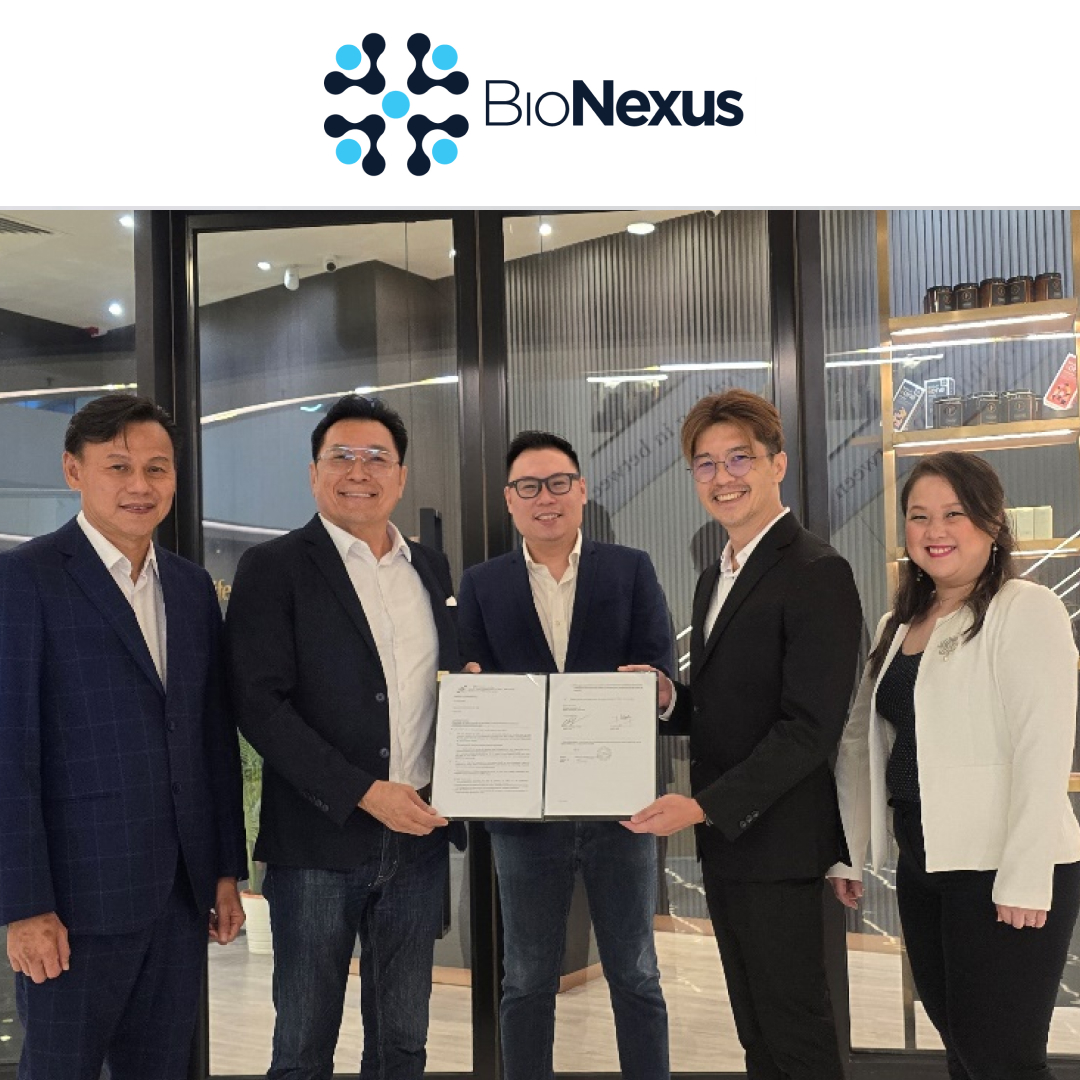

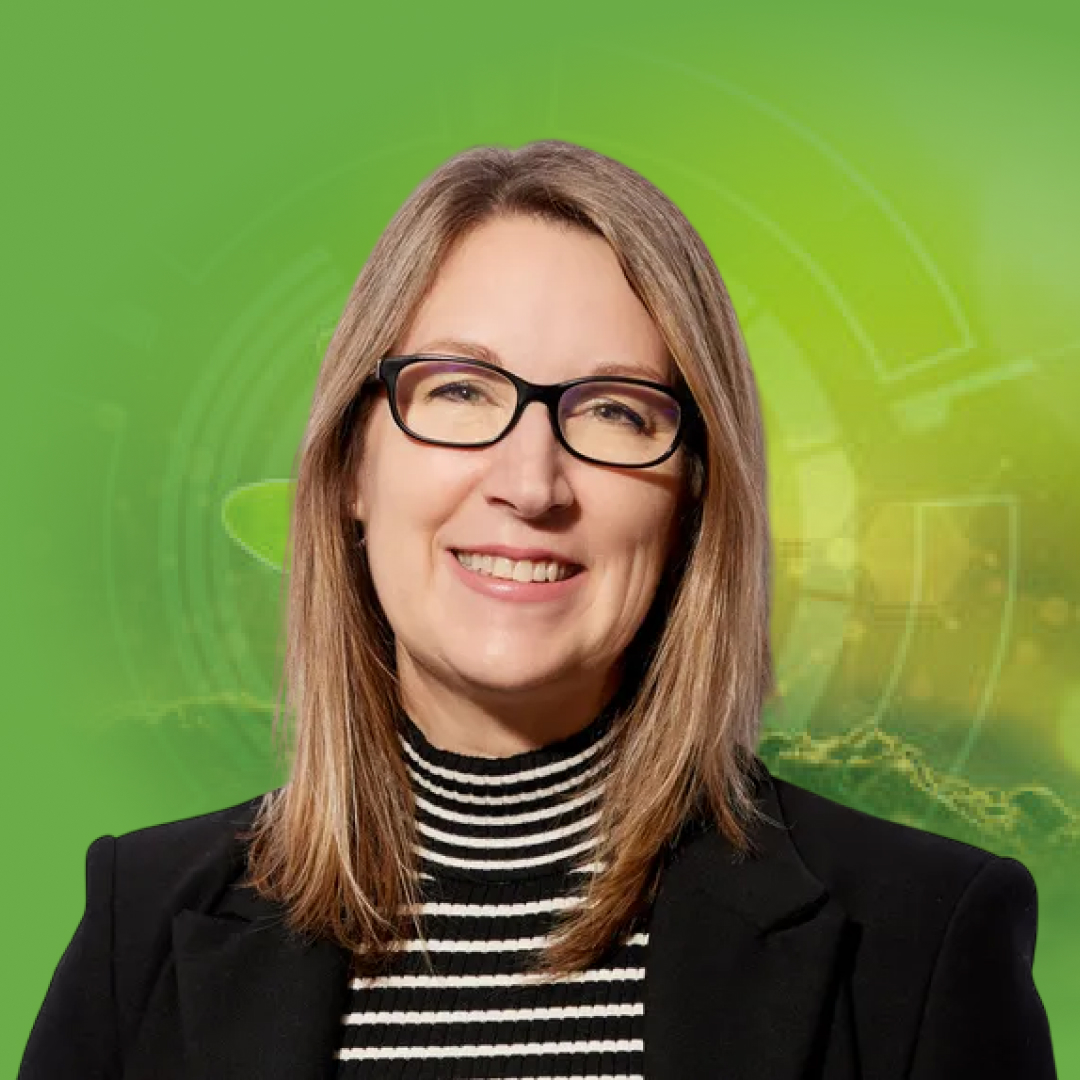
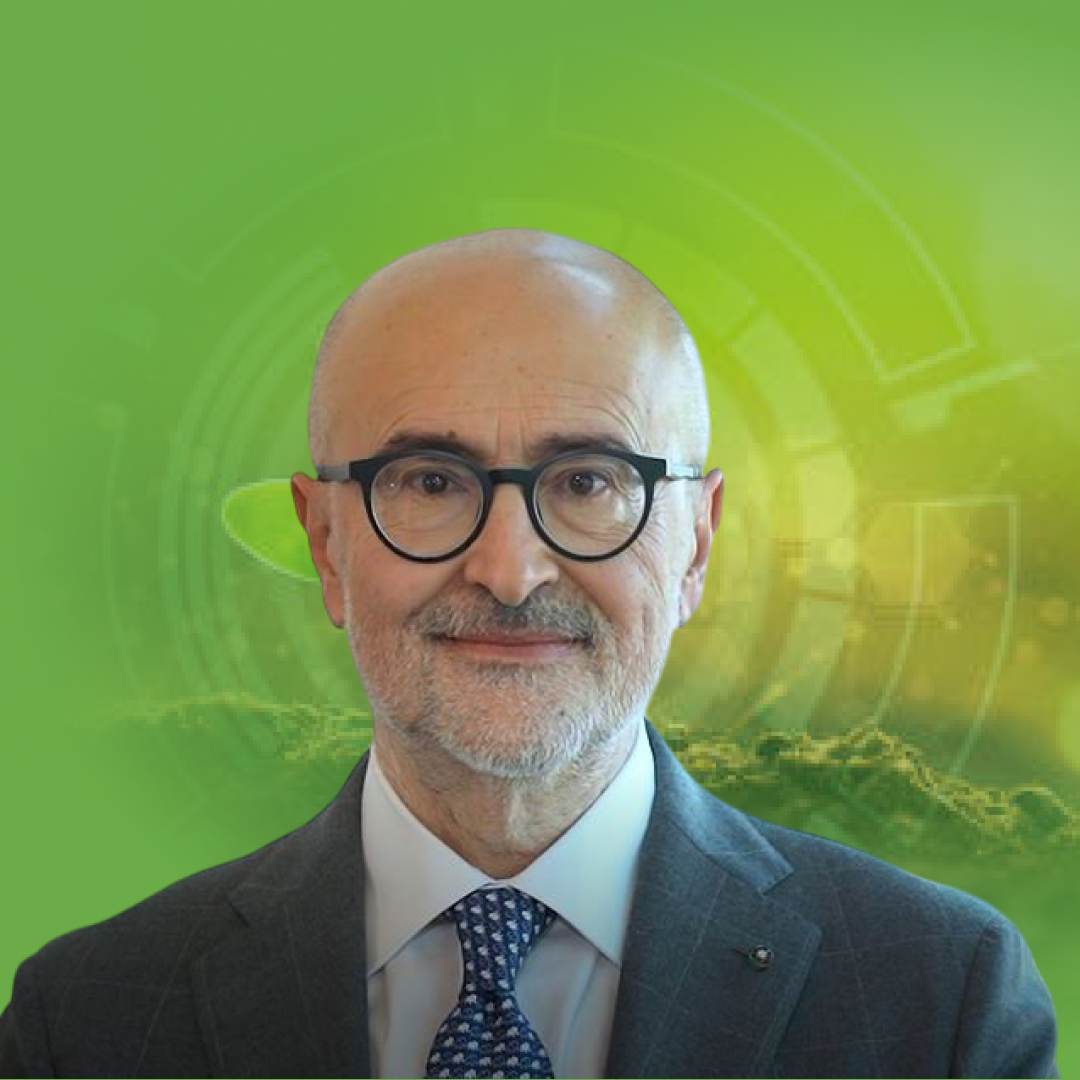
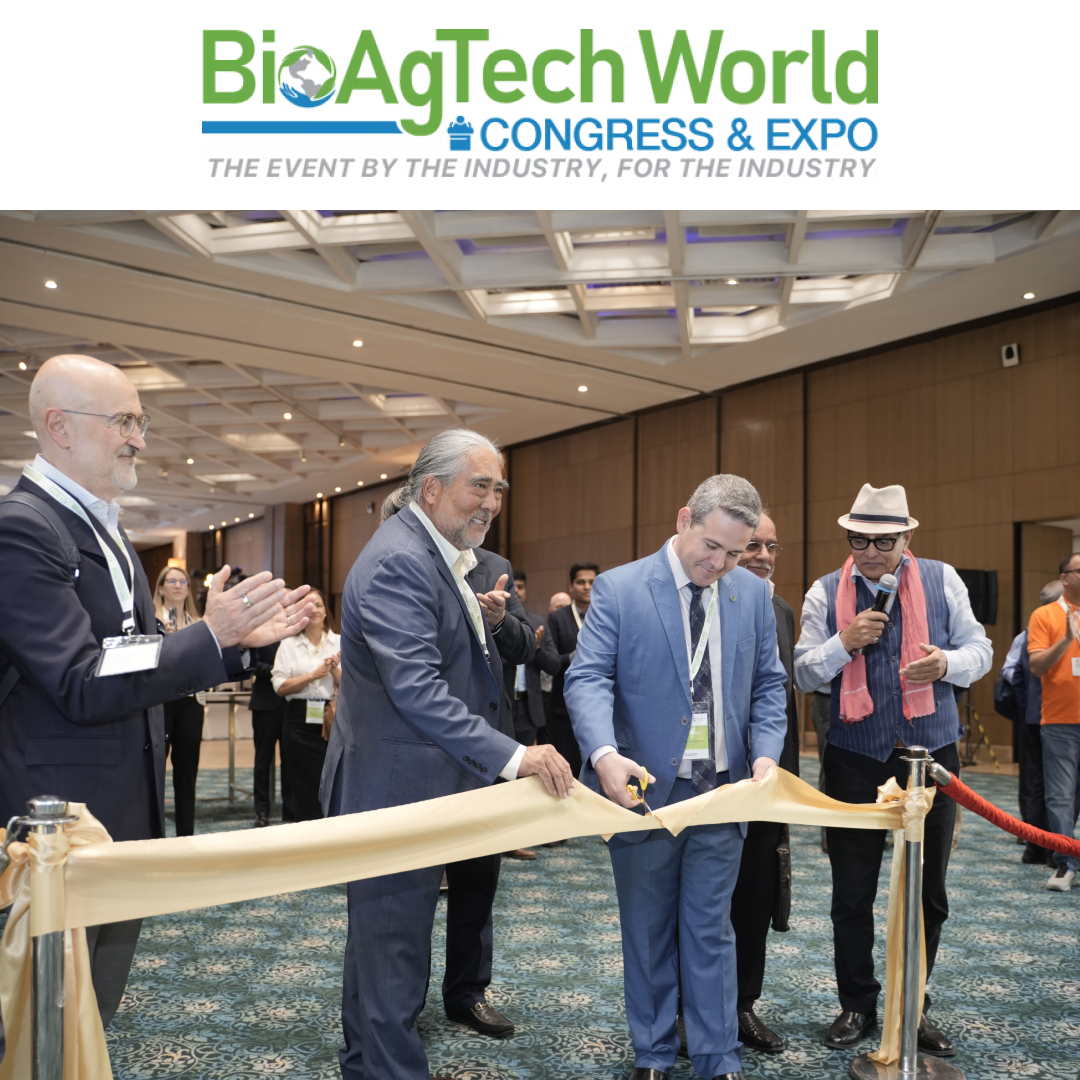
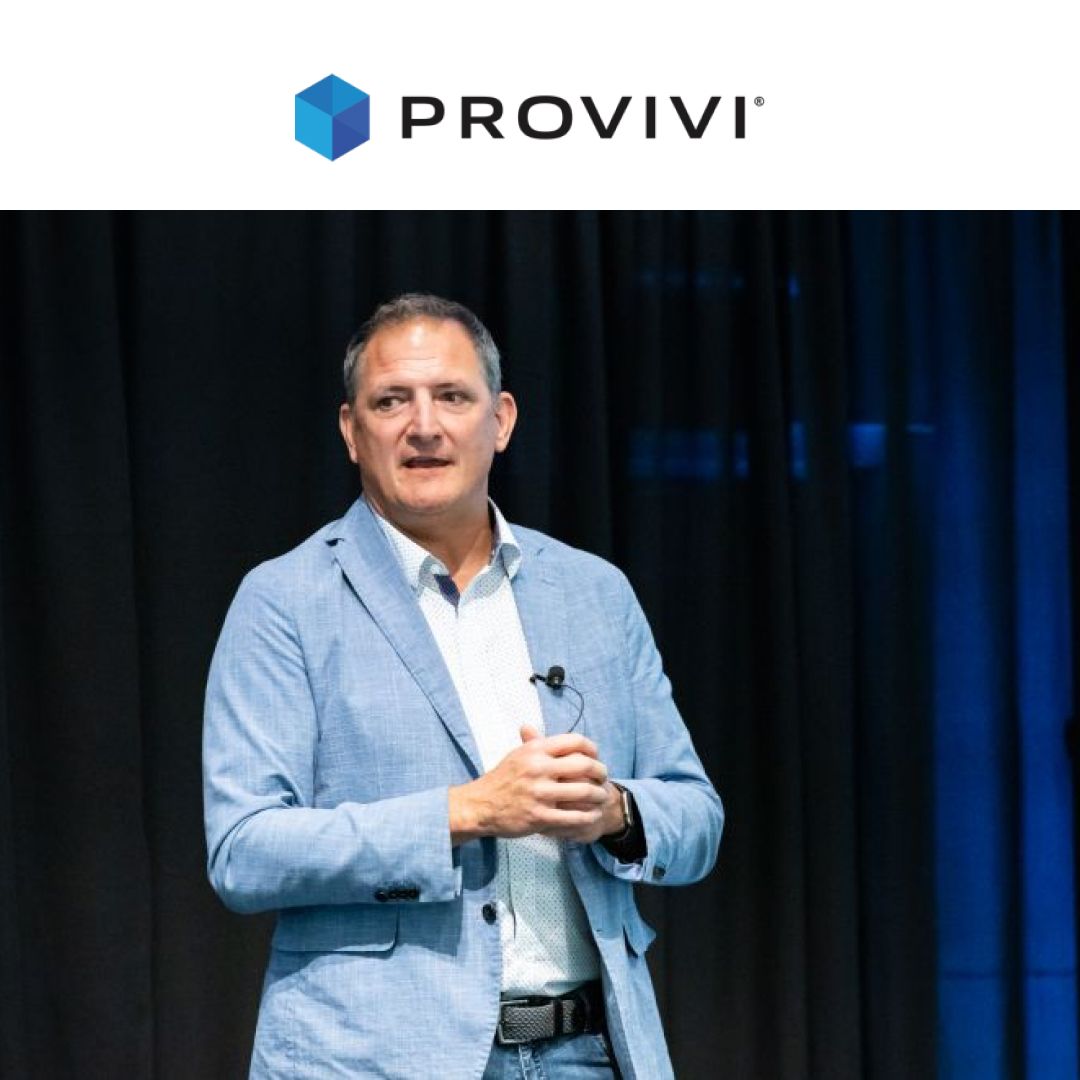
Leave a Reply